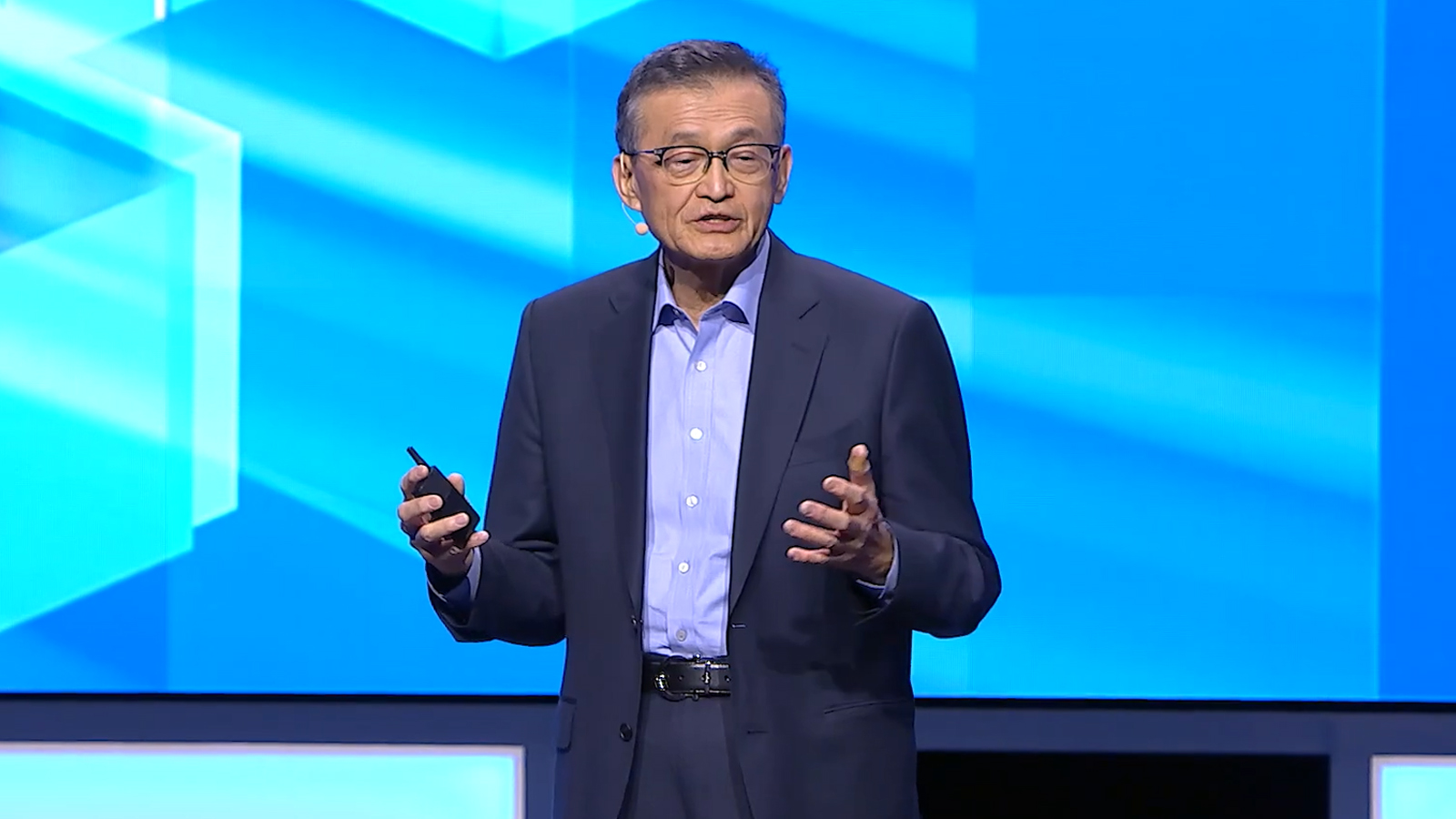Intel CEO Lip-Bu Tan has invested in 600 Chinese firms, some linked to the Chinese military
Some believe it makes Lip-Bu Tan an experienced investor, others think it is unacceptable for an Intel CEO.

Lip-Bu Tan, the newly appointed CEO of Intel, has invested in hundreds of Chinese technology companies, including several linked to China's People's Liberation Army as well as Semiconductor Manufacturing International Corp. (SMIC), China's foundry champion, according to a review of American and Chinese corporate documents conducted by Reuters. The information raises concerns due to Intel's close work with the U.S. defense sector.
The corporate documents reviewed by Reuters show that Tan controls over 40 companies in China and has minority stakes in over 600 entities in China via investment companies he manages or owns. The value of the stakes is at least $200 million. Some of the companies Tan has invested in are contractors and suppliers for the People's Liberation Army. In numerous cases, Tan's stakes are shared with Chinese state-owned groups or regional government-backed investment funds.
Tan has made many of his investments through Walden International, the venture capital firm he founded in 1987 and which he still chairs. He has also used two Hong Kong-based entities — Sakarya Limited and Seine Limited — for investment purposes. Tan is the sole owner of Sakarya, whereas Seine is under Walden's control.
Through his venture capital firm, Walden International, and affiliated entities, Lip-Bu Tan has invested in several Chinese technology companies, including those that are now on the U.S. Department of Commerce's Entity List for their alleged ties with China's government, military, and secret services.
The list of such companies includes SMIC (China's top chipmaker, though Walden exited its SMIC investment in 2021), Dapu Technologies (a PLA contractor), HAI Robotics (a contractor to Chinese surveillance companies and a bidder for a PLA contract), Intellifusion (a surveillance technology company), QST Group (a sensor supplier for Russian military drones captured in Ukraine), and Wuxi Xinxiang Information Technology Co. (a supplier to YMTC).
Holding shares in Chinese companies with ties to the military and secret services is legal unless those firms appear on specific U.S. government restriction lists, such as the U.S. Treasury's list of Chinese Military-Industrial Complex Companies. Yet, there are, of course, ethical concerns about investing in Chinese surveillance companies as well as companies supplying technology for the Russian army.
While the Chinese companies controlled by Lip-Bu Tan barely compete against Intel, their ties to the PLA certainly raise concerns. Also, industry observers note it is odd for a CEO of Intel to own a stake in contract chipmaker SMIC as Intel is trying to become a foundry itself.
Stay On the Cutting Edge: Get the Tom's Hardware Newsletter
Get Tom's Hardware's best news and in-depth reviews, straight to your inbox.
Some investors and observers see Tan's ties to hundreds of companies in China as a liability. Andrew King, a partner at Bastille Ventures, questioned Tan’s suitability for leading a company with defense connections, citing national security concerns. Stephen Diamond, a law professor at Santa Clara University, said these types of ties should be a major concern for Intel's leadership, given the political climate.
However, others view Tan's extensive experience in Chinese tech as an asset. Bernstein analyst Stacey Rasgon called Tan a highly regarded figure among investors and praised his decades-long track record in the field.
Intel did not provide direct comments on Tan's investments but stated that he completed a required disclosure form for company executives, as mandated by the SEC.

Anton Shilov is a contributing writer at Tom’s Hardware. Over the past couple of decades, he has covered everything from CPUs and GPUs to supercomputers and from modern process technologies and latest fab tools to high-tech industry trends.
-
bit_user Reply
So is he a current investor in SMIC or not? If not, then there's no conflict of interest.The article said:The list of such companies includes SMIC (China's top chipmaker, though Walden exited its SMIC investment in 2021),
...
industry observers note it is odd for a CEO of Intel to own a stake in contract chipmaker SMIC as Intel is trying to become a foundry itself.
IMO, that'd be the real issue. At my company, which I think is typical of most big corporations, we must complete annual ethics training. One of the points they drill into us is that we must avoid even the appearance of a conflict of interest. If we find ourselves in a situation where that exists, we must inform our manager and exclude ourselves from the matter.
As CEO, he really can't sideline himself from any discussions material to the company. Therefore, it seems obvious to me that he should be required to divest any holdings in potential conflicts of interest. So long as he's done that, I don't see a real problem, here. If he hasn't, then Intel's board did a bad job vetting him and they need to pressure him either to do so or step down.